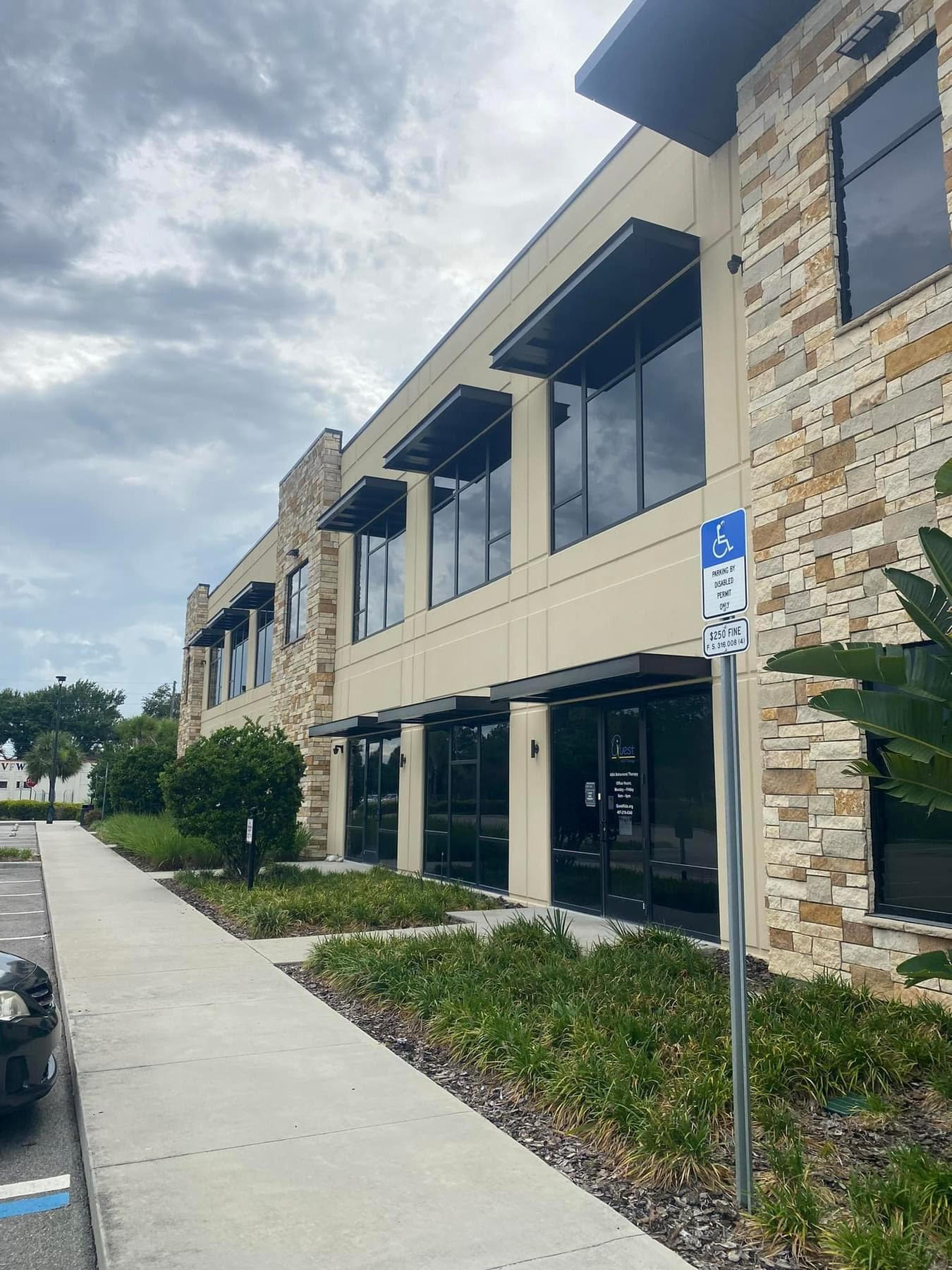Creating Sunshade Solutions: Metal Awnings vs. Traditional Options in Orlando
When it comes to providing shade solutions for outdoor spaces, businesses are faced with a plethora of options to choose from. Among the most popular choices are metal awnings and traditional options such as fabric canopies or wooden structures. Are you looking for metal awnings Orlando offers? Each option has its own set of advantages and considerations, making the decision-making process a critical one for businesses looking to optimize their outdoor areas. In this article, we’ll explore the pros and cons of metal awnings versus traditional options, helping businesses make informed decisions that best suit their needs and preferences.
Durability and Longevity
One of the primary advantages of metal awnings over traditional options is their durability and longevity. Constructed from sturdy materials such as aluminum or steel, metal awnings are built to withstand the elements and maintain their structural integrity over time. Unlike fabric canopies that may fade, tear, or require frequent replacement, metal awnings offer a long-term shade solution that requires minimal maintenance and upkeep. This makes them a cost-effective investment for businesses seeking a durable and reliable shade solution for their outdoor spaces.
Customization and Design Flexibility
Metal awnings offer unparalleled customization and design flexibility, allowing businesses to create shade solutions that align with their branding and aesthetic preferences. With a wide range of shapes, sizes, colors, and finishes available, businesses can tailor metal awnings to complement their architectural style and enhance the visual appeal of their outdoor areas. In contrast, traditional options such as fabric canopies often come in limited designs and colors, limiting the creative possibilities for businesses looking to make a statement with their shade solutions.
Weather Resistance
Another key advantage of metal awnings is their superior weather resistance compared to traditional options. In regions with harsh weather conditions, such as strong winds, heavy rain, or intense sunlight, metal awnings provide reliable protection year-round. Their robust construction and sturdy materials ensure that they can withstand adverse weather conditions without succumbing to damage or deterioration. On the other hand, fabric canopies may be susceptible to tearing or fading over time, especially in areas with high UV exposure or frequent storms.
Ease of Maintenance
Metal awnings are relatively low-maintenance compared to traditional options like fabric canopies or wooden structures. With their smooth surfaces and corrosion-resistant properties, metal awnings can be easily cleaned and maintained with regular washing and occasional inspections. In contrast, fabric canopies may require more frequent cleaning and maintenance to remove dirt, debris, and mold, as well as periodic repairs or replacements due to wear and tear. This makes metal awnings a convenient and hassle-free shade solution for businesses looking to minimize upkeep and maximize efficiency.
Cost Considerations
While metal awnings may have a higher upfront cost compared to some traditional options, such as fabric canopies, they often prove to be more cost-effective in the long run. Metal awnings offer greater durability and longevity, requiring fewer repairs and replacements over time, which can result in significant cost savings for businesses. Additionally, metal awnings may offer better energy efficiency by reducing heat gain and lowering cooling costs for indoor spaces, further enhancing their cost-effectiveness in the long term.
Conclusion
In conclusion, both metal awnings and traditional options like fabric canopies have their own set of advantages and considerations when it comes to creating shade solutions for outdoor spaces. While metal awnings offer superior durability, customization, weather resistance, and ease of maintenance, traditional options may provide more affordable upfront costs and certain aesthetic benefits.
Ultimately, the decision between metal awnings and traditional options depends on factors such as budget, design preferences, and environmental considerations. By weighing the pros and cons of each option carefully, businesses can choose the shade solution that best suits their needs and enhances the functionality and appeal of their outdoor areas.

